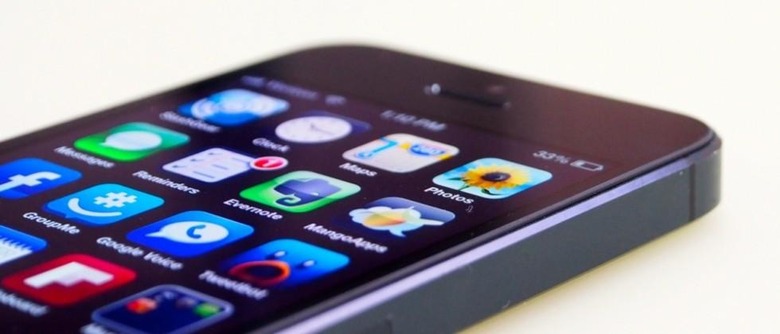FBI's Backdoor iPhone Access Is Just The Beginning: Apple Asked To Open 9 New Phones
Apple's battle with the US government has been going on for around a week now, and it doesn't look as though there's any end in sight. There is a lot of debate as to whether Apple is in the right or wrong, with their stance on not unlocking the San Bernardino shooter's phone. However, it seems as though Apple has been right about at least one thing.
Since the issue first popped up, there have been some misconceptions about what is happening. Apple is not simply refusing to unlock a phone that they have the capability to unlock. The San Bernardino phone is locked beyond Apple's ability to circumvent. They actually designed the operating system to prevent everyone, themselves included, from unauthorized access. As it stands, there is absolutely no way for Apple to take possession of the phone and unlock it.
So if Apple can't unlock the phone, what does the FBI want them to do? Interestingly enough, the FBI wants Apple to design a special new version of the iOS software that will bypass some of the most important security features on the phone. That's right, they're ordering Apple to not only create a new version of the operating system, but they also want it to be completely insecure.
Apple responds to questions about San Bernardino case
The features that they want removed are the ones that prevent people from brute forcing the passcode. This means that the phone won't wipe itself once an incorrect passcode has been entered too many times. The phone also won't make you wait a certain amount of time after each wrong entry. The final new feature, is one that will allow the passcode to be entered by a computer, instead of having a person manually enter the numbers.
So with this software, all of the security that Apple has worked so hard to put in place is essentially useless. Sure, we can pretend that the software will never get out of Apple's hands, or that the government will keep a tight grip on it. But the fact of the matter is that somewhere, somehow, this software may get into the wrong hands. And if that happens, every iPhone stops being secure.
One of the biggest facts that the FBI keeps pushing is that they want this new software for only a single case. After this one phone is cracked open, they will never again have use for it. However, this just isn't true. Today, it has come out that there are as many as nine other iPhones waiting to have this software installed, so that they can be opened. And they don't appear to have any connection to terrorists, or national security.

Yesterday, a letter sent from Apple's lawyers to a federal judge was unsealed in court. It outlined a list of other phones that Apple has been asked to unlock, using the method outlined above. These phones are in Illinois, New York, California, Ohio, and Massachusetts. While the letter didn't specify the nature of the cases, others familiar with the cases have said that they do not involve terrorism, as with the San Bernardino case.
The issue that this raises is that should Apple comply with the federal order on the San Bernardino case, it will set a legal precedent. And with a legal precedent, Apple can then be ordered to unlock those nine other phones. It's highly unlikely that it would stop there, as there are many other locked iPhones that could be used as evidence, should their contents be accessible.
This case will be a landmark one, and the ramifications of it are yet unknown. However, I can't imagine the software not getting into the wrong hands, should it be created. And if it does, all of the encryption in the world won't help protect your privacy.
Source: WSJ
